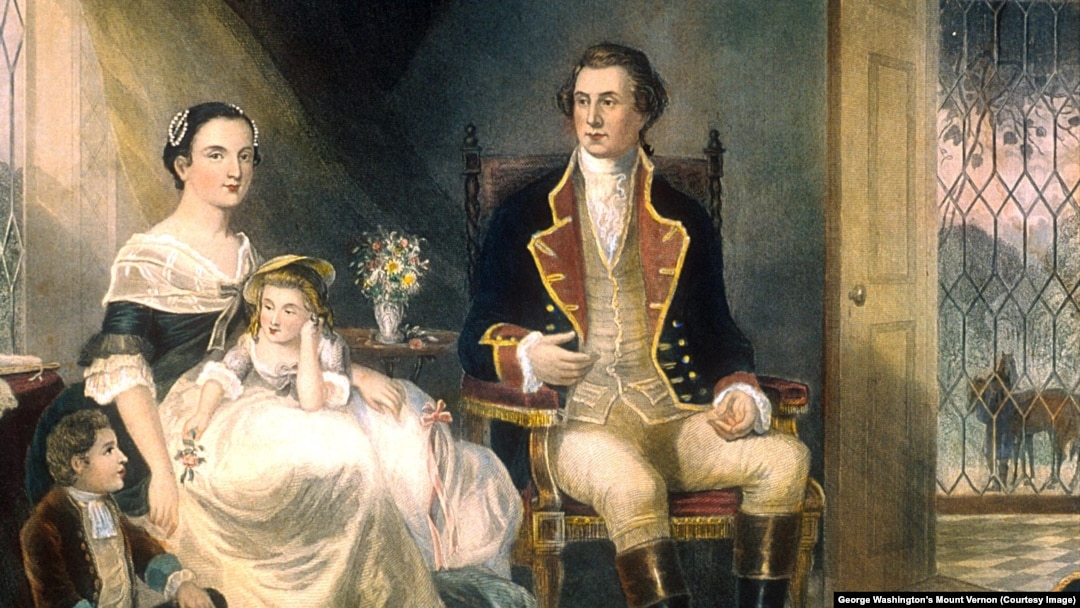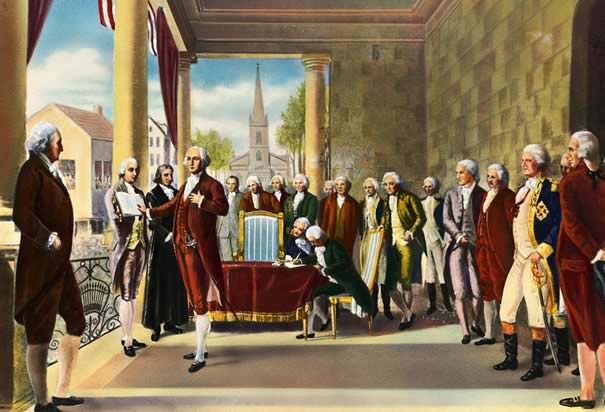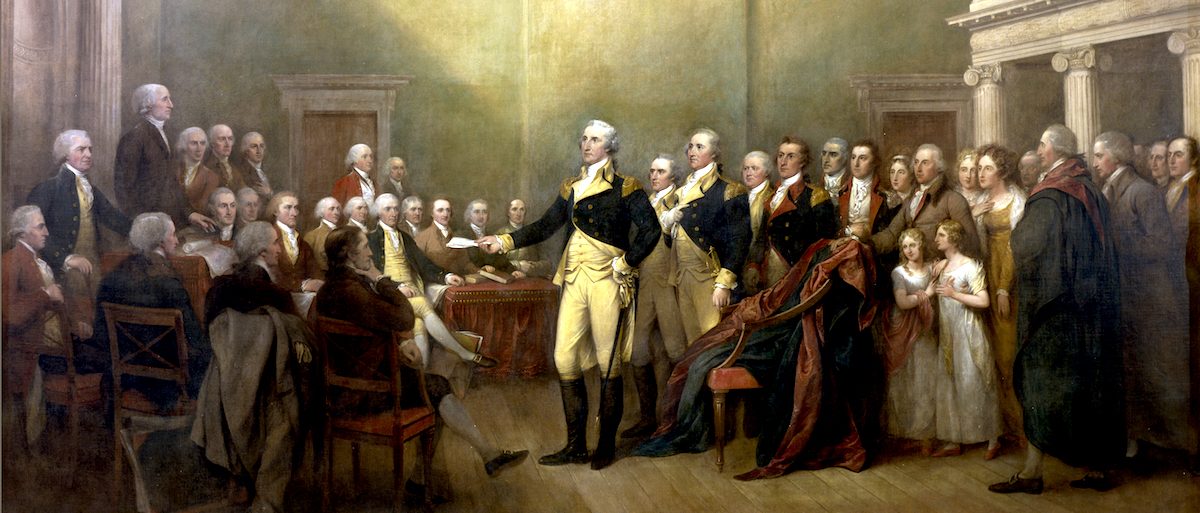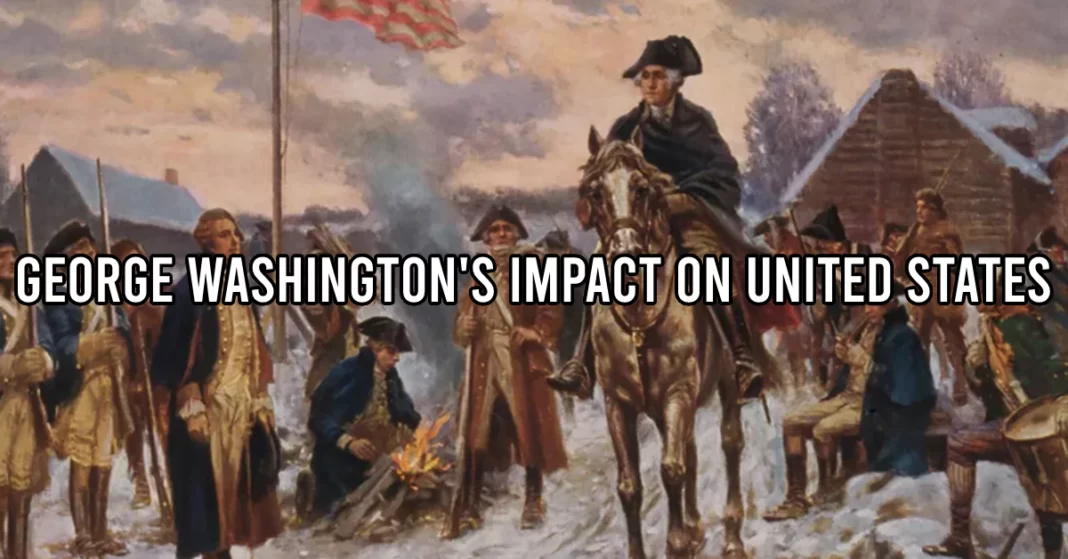Introduction
George Washington has been regarded by the American people as one of the greatest president in American history ever since he announced his retirement. The Washington Monument, Capitol City, Mount Rushmore, and his recurrent placement near the top of presidential polls are all evidence of how strong his legacy is.

Indeed, numerous American generations have utilized Washington’s particularly well-liked memory for their own political ends. The founding era and Washington in particular were valued by both northerners and southerners as a shared heritage that they could both cherish after the Civil War.
The legacy of George Washington deserves tremendous respect. The position could only have been filled by him in 1789. He was the most well-known American, the only one with a large enough national platform to speak for the entire nation, and he enjoyed a high level of public trust. Therefore, George Washington’s impact on America.
Americans were confident in his ability to exercise great authority since he had already done so during the Revolution and voluntarily relinquished it.
America’s First President
After the Treaty of Paris was signed in 1783 between Great Britain and the United States, Washington handed up his army leadership, feeling that he had completed his mission. He then went back to Mount Vernon with the intention of starting again as a gentleman farmer and family man.

But in 1787, he received a request to go to Philadelphia for the Constitutional Convention and serve as chairman of the committee drafting the new Constitution. The delegates were persuaded by his exemplary leadership there that he was by far the best candidate to serve as the country’s first president.
Washington at first resisted. Finally, he desired to go back to his calm life at home and abdicate responsibility for leading the new country to others. But because of how strongly George Washington impact on society the general population felt he eventually caved. On January 7, 1789, the first presidential election was held, and Washington easily prevailed.
The candidate with the second-highest number of votes, John Adams (1735–1826), was elected as the country’s first vice president. The inauguration of 57-year-old Washington took place in New York City on April 30, 1789. He resided in New York and Philadelphia since Washington, D.C., America’s future capital city, hadn’t yet been constructed.
While in office, he approved a bill that would have established Washington, D.C. as the nation’s long-term capital along the Potomac River.
George Washington’s Accomplishments
There was no precedent for the new president’s administration of domestic or international affairs because the United States, which at the time of Washington’s presidency had only 11 states and a population of about 4 million, was a small country.
George Washington made an impact with his efforts in terms of fairness, caution, and integrity because he was aware that his actions would likely influence how future presidents were expected to govern. He valued friendly relations with other nations while also favoring a neutral stance in international disputes.

Domestically, he established his own presidential cabinet, selected John Jay (1745–1829) as the first chief judge of the United States Supreme Court, and signed legislation creating the nation’s first national bank, the Bank of the United States.
Alexander Hamilton (1755–1804), secretary of the Treasury, and Thomas Jefferson (1743–1826), secretary of state, were his two most notable cabinet picks. Both men had strong opinions about the function of the federal government.
While Jefferson supported increased states’ rights as a member of the Democratic-Republican Party, the predecessor to the Democratic Party, Hamilton supported a strong central government and belonged to the Federalist Party. Washington was troubled by what he perceived as a developing partisanship, despite his belief that diverse viewpoints were essential for the health of the new government.
A Class by Himself
Washington was not necessarily a great leader just because he was the first President of the United States. Washington was not particularly noteworthy in comparison to other political figures of his era like Thomas Jefferson, Alexander Hamilton, and James Madison.
He didn’t have much formal education. He had no language proficiency. He had never been to Europe before. He was not a remarkable thinker, writer, or speaker due to his personal aloofness and even coldness. Washington still ranks near or at the top of lists of outstanding presidents even today because George Washington impact on history is so tremendous.

George Washington, the first president, must be placed in a category all by himself. Washington was a genuine non-partisan, in contrast to the other founding fathers. He sought to stay neutral in political debates since he detested it when individuals split into opposing parties.
He made essentially no contributions to the contentious discussions that took place while he served as the president of the Constitutional Convention in 1787. Instead, he made use of his tremendous status to diffuse the situation and return people to their primary task of forging a new system of governance for the United States. In this way, George Washington had great impact on history.
Giving the Country Time
George Washington penned the following shortly before being sworn in: “My movement to the chair of government will be accompanied with sensations not unlike those of a criminal going to the scene of execution.” Washington used these phrases to explain his reluctance to accept a position that he knew would be challenging and, in this way, George Washington had a great impact on society.
At Mount Vernon, Washington could have retired as a war hero. He opted for the more challenging position of national leader instead. He was a skilled military leader, but his capacity to govern a whole country had not yet been put to the test.
He frequently took a long time to consult others before making a decision. Thomas Jefferson, Secretary of State, and Alexander Hamilton, Secretary of the Treasury, were his two closest advisors. The two men violently fought on nearly every major issue facing the country on a daily basis.
But in the end, Washington was the one to decide what was best for the nation and all its citizens. And because of these considerations George Washington had great impact on society.
Final words
On a public level, Washington could have spoken out against slavery while he was still alive or made the terms of his will know before his passing. It is possible that he chose to remain mute since the remarks of George Washington had a great impact on history.
Washington was concerned that southern states would leave the Union if he forced the matter. There will be no way to determine if he was correct or whether these worries were justified. But slavery played a significant role in Washington’s lifestyle and personal riches, and that fact must be taken into account when evaluating his legacy.







